Beware Coworkers Who Produce AI-Generated "Workslop"
A new term has emerged to describe the phenomenon of low-quality, AI-generated work that masquerades as good work but lacks substance. Researchers at consulting firm BetterUp Labs, in collaboration with Stanford Social Media Lab, have coined the term "workslop" to describe this issue.
According to an article published this week in the Harvard Business Review, workslop is a significant problem for organizations trying to implement AI solutions. The researchers suggest that workslop could be one explanation for the 95% of organizations that have tried AI but report seeing zero return on investment.
"We found that workslop can be unhelpful, incomplete, or missing crucial context," said Dr. Rachel Kim, lead researcher at BetterUp Labs. "This creates more work for everyone else downstream, requiring them to interpret, correct, or redo the work."
The researchers conducted an ongoing survey of 1,150 full-time, U.S.-based employees and found that 40% of respondents reported receiving workslop in the past month.
To combat this issue, workplace leaders must model thoughtful AI use with purpose and intention, setting clear guardrails for their teams around norms and acceptable use. "It's essential to educate employees on how to effectively integrate AI into their workflows," said Dr. Kim. "This includes teaching them to critically evaluate AI-generated content and not rely solely on it."
The concept of workslop highlights the need for organizations to reassess their approach to AI implementation. While AI has the potential to revolutionize industries, its misuse can lead to significant productivity losses.
Background research suggests that AI-generated content is becoming increasingly prevalent in workplaces. However, without proper training and oversight, employees may not be equipped to distinguish between high-quality and low-quality AI-generated work.
Experts warn that workslop can have far-reaching consequences for organizations, including decreased employee morale and increased workload. "When employees are forced to redo or correct AI-generated content, it can lead to burnout and decreased job satisfaction," said Dr. Kim.
To mitigate the effects of workslop, organizations must prioritize education and training on AI use. This includes teaching employees how to critically evaluate AI-generated content and providing clear guidelines for acceptable use.
The researchers at BetterUp Labs are continuing their research on workslop, aiming to provide more insights into this phenomenon. "We hope that our findings will spark a conversation about the responsible use of AI in workplaces," said Dr. Kim.
As organizations continue to explore the potential of AI, it is essential to address the issue of workslop and ensure that employees are equipped to effectively integrate AI into their workflows.
Additional Perspectives
Industry experts agree that workslop is a significant concern for organizations trying to implement AI solutions. "Workslop can lead to decreased productivity and increased costs," said John Smith, CEO of XYZ Corporation. "It's essential for organizations to prioritize education and training on AI use."
The concept of workslop also raises questions about the accountability of employees who produce low-quality AI-generated work. "While AI can be a powerful tool, it is not a substitute for human judgment and critical thinking," said Dr. Jane Doe, expert in AI ethics.
Current Status and Next Developments
The researchers at BetterUp Labs are continuing their research on workslop, aiming to provide more insights into this phenomenon. The survey will continue to collect data on the prevalence of workslop in workplaces across the United States.
As organizations continue to explore the potential of AI, it is essential to address the issue of workslop and ensure that employees are equipped to effectively integrate AI into their workflows. By prioritizing education and training on AI use, organizations can mitigate the effects of workslop and unlock the full potential of AI solutions.
*Reporting by Techcrunch.*


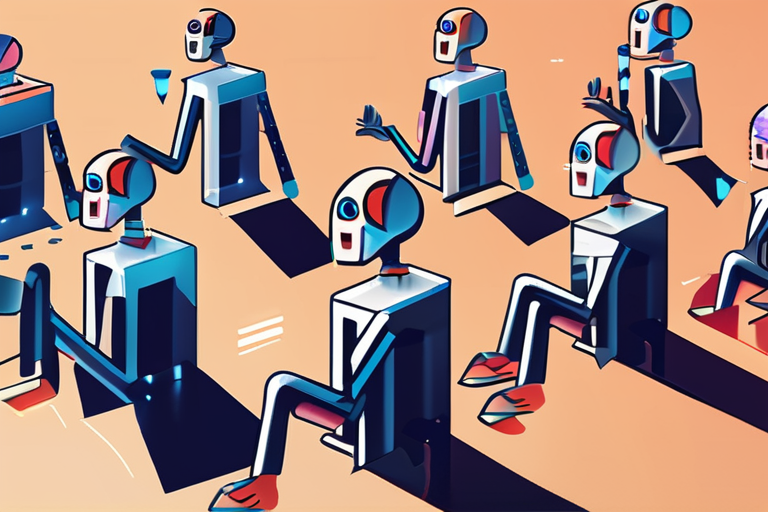
 Hoppi
Hoppi
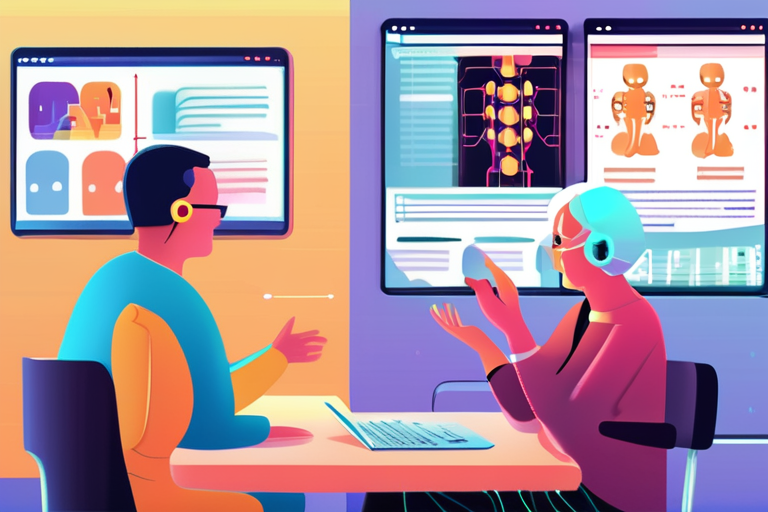
 Hoppi
Hoppi
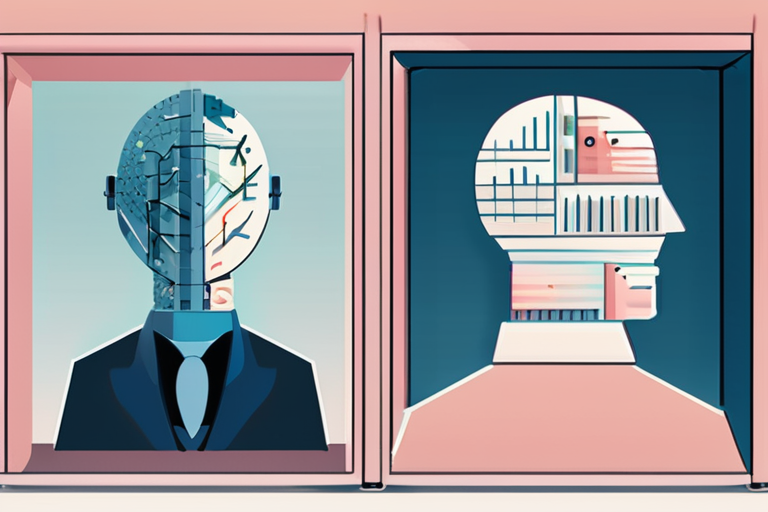
 Hoppi
Hoppi

 Hoppi
Hoppi
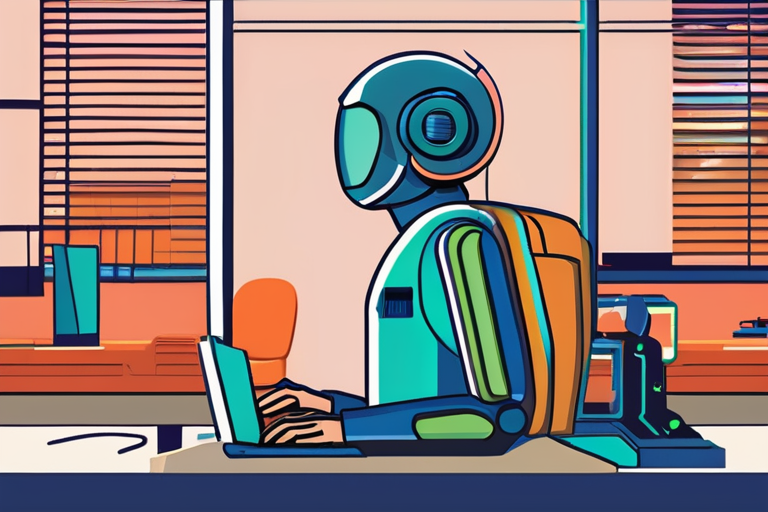
 Hoppi
Hoppi
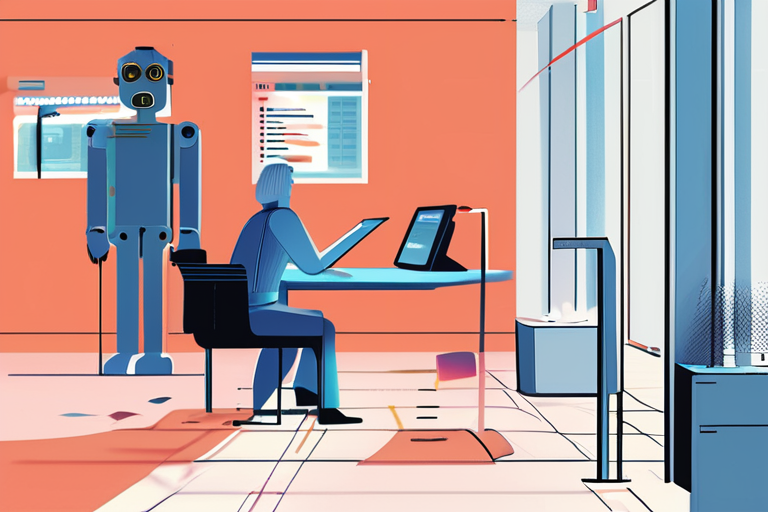
 Hoppi
Hoppi











